Recycle Right
Every recyclable item you recycle in your yellow lidded bin saves resources from going into landfill and keeps them in use by making new items out of recycled content rather than using raw materials.
Recycle Mate
Find a recycling station near you.
Recycling do's
Check out our tips below to find out how you can recycle right.
- Keep it loose, don't bag recycling
- Lids off and empty
- Squash containers and break down cardboard
- No batteries or other hazardous materials like paint or gas bottles
Hard Plastic Containers
Here are some examples of recyclable hard plastic containers that can go in your yellow lidded bin:
- Soft drink or cordial bottles
- Single use water bottles
- Juice bottles
- Milk bottles
- Sauce bottles
- Ice cream containers
- Yogurt containers
- Butter containers
- Detergent bottles
- Cleaning product bottles
- Vitamin and medicine bottles
- Personal care bottles
- Laundry liquid bottles
- Laundry soaker or softener bottles
- Plastic jars e.g. peanut butter plastic jar
- Biscuit trays
- Punnets
- Meat Trays
- Takeaway containers
Soft plastics
Soft plastics are difficult to recycle and can not go in your yellow lidded bin. Soft plastics include:
- Bin Liners
- Plastic bags
- Cling film and zip lock bags
- Chip & lolly packets
- Rice and pasta bags
- Fresh and frozen bags
- Cereal box liners
- Biscuits and snack wrappers
- Plastic pet food bags
- Mail sachets
- Bubble Wrap
- Protective film used in consumer goods
The previous option for soft plastics recycling at major retailers is currently not available. Please place your soft plastics in the general waste bin or avoid them by purchasing products not packaged in plastic.
Paper and Cardboard
Here are some examples of recyclable paper and cardboard that can go in your yellow lidded bin:
- Cardboard packaging from online purchases
- Cereal boxes
- Egg cartons
- Pizza Boxes
- Tetra packs
- Toilet and paper towel rolls, tissue boxes
- Newspaper, magazines, brochures, catalogues
- Wrapping paper and greeting cards (no foil or glitter)
- Office paper and envelopes
Cardboard can be recycled. Please keep it loose and break it down into smaller pieces.
Glass Bottles and Jars
Here are some examples of recyclable glass bottles and jars that can go in your yellow lidded bin:
- Sauce bottles
- Food jars
- Oil and vinegar jars or bottles
- Juice bottles
- Alcohol bottles
Glass jars and bottles are 100% recyclable. Eligible Containers for Change items can also be cashed in for a 10 cent refund. Find your nearest refund point: https://www.containersforchange.com.au/qld/where-to-return.
Metals
Here are some examples of recyclable steel and aluminium that can go in your yellow lidded bin:
- Empty aerosol cans
- Food and beverage cans
- Foil trays
- Aluminium foil scrunched into a ball
Eligible Containers for Change items can also be cashed in for a 10 cent refund. Find your nearest refund point: https://www.containersforchange.com.au/qld/where-to-return
Recycling don'ts
The below items cannot go in your yellow lidded bin as they can be unsafe for workers, cause contamination and damage equipment at the Materials Recovery Facility, where recycling is processed. Please dispose of these items either in your red lidded bin or take acceptable to your nearest Waste and Resource Recovery Facility.
Plastics
- Bagged recycling or bagged waste
- Soft plastics including bags and scrunchy food packets
- Plastic toys
- Packing foam
- Plastic storage containers
- Garden hoses
- Laundry baskets
- Plastic plant pots
Paper and Cardboard
- Biodegradable or compostable plates, cups & cutlery
- Tissues and paper towels
- Coffee cups
- Nappies
- Shredded paper
Glass
- Ceramics or cookware
- Drinking glasses
- Window or mirror glass
- Eye glasses
- Light globes
Steel & Aluminium
- Batteries
- Scrap metal
- Paint tins
- Car parts
- Sharps and needles
- Cooking pots and saucepans
- Metal window frames
Check it before you chuck it
Look for the Australasian Recycling Label (ARL) to understand how to dispose of each part of a package.
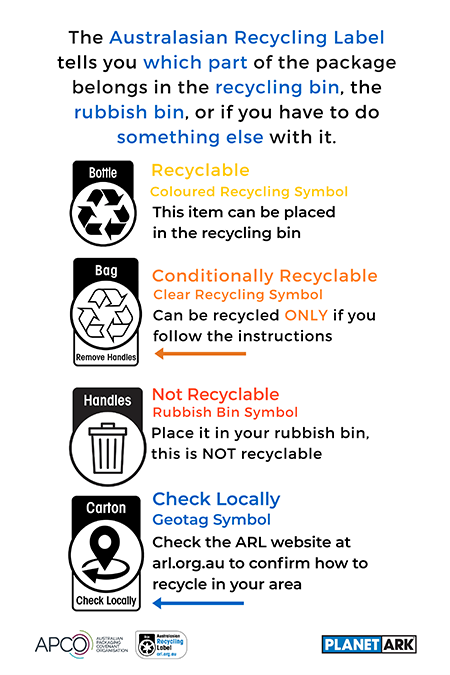
Use the RecycleMate App
Recyclemate uses AI technology to detect thousands of different items helping you to recycle right in your local area.
It is a free resource available to download and use anywhere in Australia.
Download at the Apps Store or get it on Google Play.
How recyclables are processed in a Material Recovery Facility (MRF)
- Your recyclables are not sent to landfill. They are transported to a MRF.
- There, manual sorting and automated systems separate materials.
- Once sorted, materials are compressed into bales or glass is crushed for remanufacturing.
- Watch the video:
Recycling Facts and Myths
"Our recycling just goes to landfill"
MYTH
Recycling is a vital part of Queensland's waste management. Materials from your yellow-lid bin are collected, sorted at a Materials Recovery Facility (MRF), and processed into new products. Sending recyclables to landfill is often more costly.
"Councils have their own rules when it comes to recycling"
FACT
Each Council has specific recycling guidelines. Always check your local Council's recycling guidelines or use the Recycle Mate app for accurate information.
"Putting a couple of items in the wrong bin really doesn’t matter"
MYTH
Even small amounts of contamination can disrupt the recycling process. Items that can't be recycled should not be placed in the yellow-lid bin, as they can cause entire batches to be sent to landfill.
"All recycling is sent overseas"
MYTH
Approximately 80% of recycling in Queensland is processed locally, supporting the state's economy and reducing environmental impacts.
"If there is no recycling symbol on the packaging, it can’t be recycled"
MYTH
Not all recyclable items carry the recycling symbol. Materials like paper, cardboard, rigid plastics, metals, and glass can often be recycled even without the symbol. Check with your local council or use the Recycle Mate app to confirm recyclability.
Want to recycle more?
Recycling doesn't stop at your yellow lidded bin there are many other ways to recycle such as composting or worm farming, taking acceptable items to Council Waste and Resource Recovery Facilities as well as participating in specialised recycling programs in the helpful resources below.
Learn more
Check out Council's how to reduce your waste guide. This guide has been produced to help residents make choices that will improve their world as well as the environment by avoiding waste and maximising opportunities to reuse and recycle while saving money.
Find the guide here
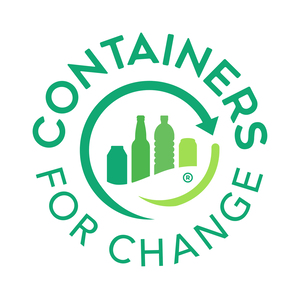
Containers for change
A container rebate scheme helps reduce litter from beverage containers and is a great opportunity for some extra pocket money. A range of beverage containers can be collected and returned for a 10c refund per container.
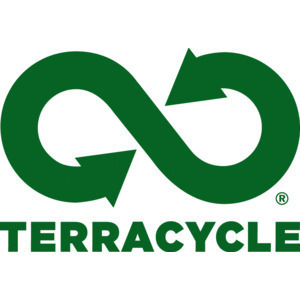
Terracycle
Terracycle offers a range of paid and free recycling programs for specific hard-to-recycle products found in households and workplaces.

B-Cycle - Battery Recycling
Batteries can’t go in your regular recycling or household rubbish bin because they can cause harmful fires, and leach toxic materials into waterways and ecosystems. Take them to your nearest recycling drop-off point instead.
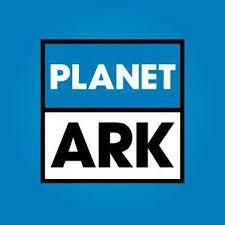
Recycling near you
Recycling near you is a platform Australians homes and businesses can use learn how to reduce, reuse and recycle.
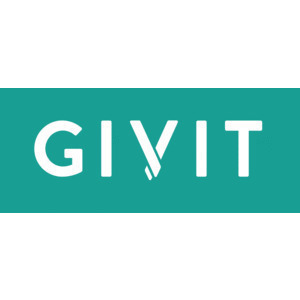
Givit
GIVIT is a not-for-profit donation platform that channels generosity where it is needed to support vulnerable people and communities in Australia. In the past 12 months GIVIT has facilitated the donation of almost 2 million donations to people in need and diverted 2,000 tonnes from landfill.
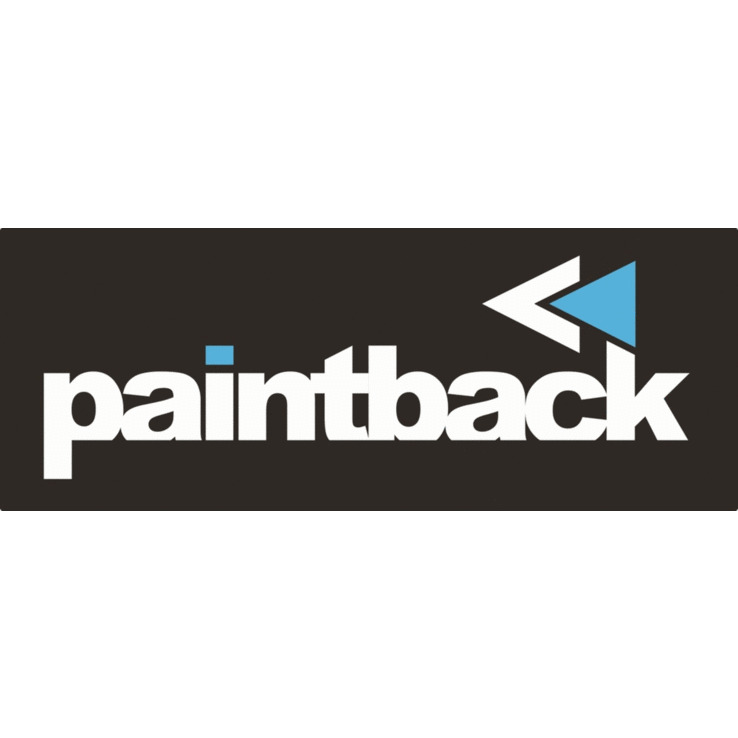
Paintback
Available through Council facilities. Paintback takes unwanted paint and packaging and responsibly disposes of it, diverting it from landfill and vital waterways.
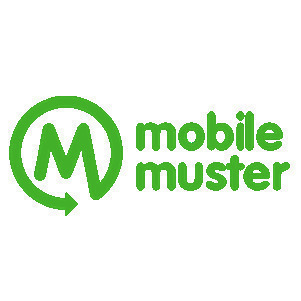
MobileMuster
Available through Council facilities. Mobile Muster provides a free recycling program for mobile phones, batteries, chargers and accessories.
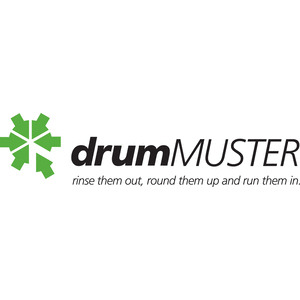
drumMUSTER
Available through Council facilities. drumMUSTER provides Australian agricultural and veterinary chemical users with a recycling pathway for eligible empty agvet chemical containers.
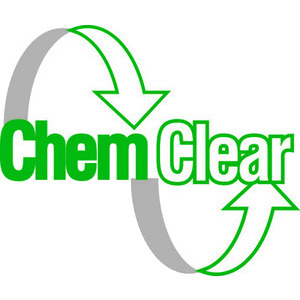
ChemClear
Available through Council facilities. ChemClear helps farmers and other users of agvet chemicals manage chemical storages and deliver solutions for chemical waste disposal.
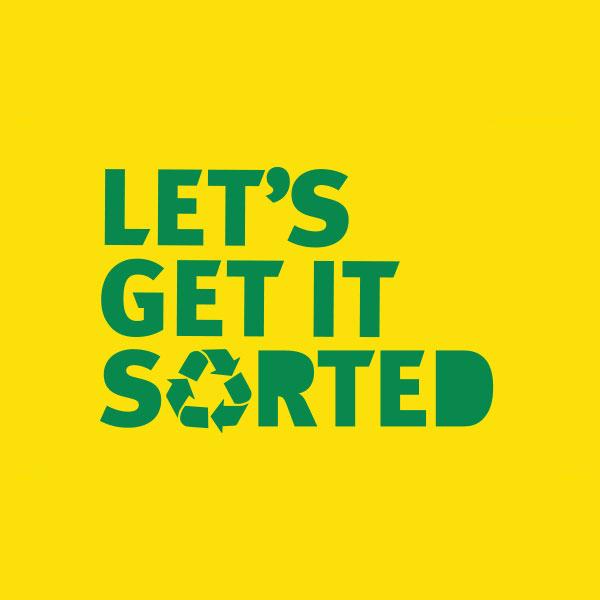
Let's Get It Sorted
Check out what the Queensland Government is doing to encourage Queenslanders to recycle more and learn more about getting your recycling sorted here.
Find out more